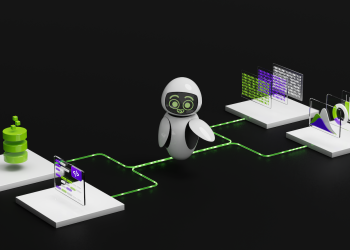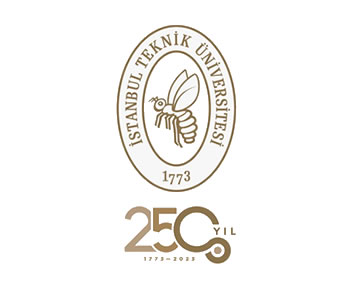.”
Noam Brown, a senior OpenAI researcher who worked on the IMO model, told TechCrunch that IMO reached out to OpenAI a few months ago about participating in a formal math competition, but the ChatGPT-maker declined because it was working on natural language systems that it thought were more worth pursuing. Brown says OpenAI didn’t know IMO was conducting an informal test with Google.
OpenAI says it hired third-party evaluators — three former IMO medalists who understood the grading system — to grade its AI model’s performance. After OpenAI learned of its gold-medal score, Brown said the company reached out to IMO, which then told the company to wait to announce until after IMO’s Friday night award ceremony.
IMO did not respond to TechCrunch’s request for comment.
Google isn’t necessarily wrong here — it did go through a more official, rigorous process to achieve its gold-medal score — but the debate may miss the bigger picture: AI models from several leading AI labs are improving quickly. Countries from around the world sent their brightest students to compete at IMO this year, and just a few percent of them scored as well as OpenAI and Google’s AI models did.
While OpenAI used to have a significant lead over the industry, it certainly feels as though the race is more closely matched than any company would like to admit. OpenAI is expected to release GPT-5 in the coming months, and the company certainly hopes to give off the impression that it still leads the AI industry.









